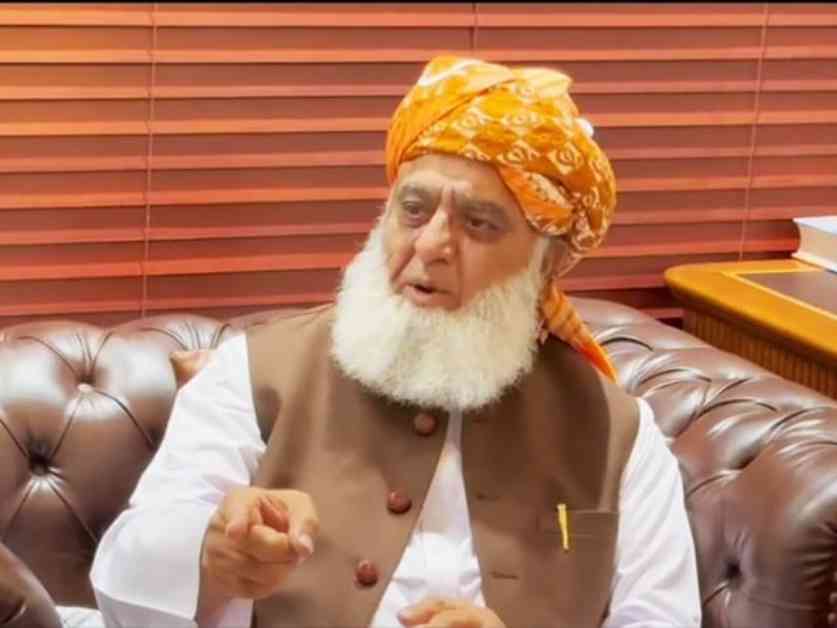Blaming Politicians for Unrest: JUI-F Chief’s Accusations
In a recent interview with a private digital media platform, Jamiat Ulema-e-Islam (F) Emir Maulana Fazlur Rehman made some striking accusations against politicians. He claimed that the transition of politics from religious scholars to politicians has resulted in a wave of bloodshed and unrest.
The Transition of Political Leadership
Maulana Fazlur Rehman expressed his concerns during a gathering in Multan, where he highlighted the historical context of political leadership in the subcontinent. He emphasized that during the 19th century to the mid-20th century, when religious scholars held the reins of power, there was a notable absence of conflict stemming from sectarian differences.
He reminisced about a time when peace and unity prevailed under the leadership of religious scholars, with no signs of internal strife or discord among the Muslim Ummah. However, he sharply contrasted this with the current state of affairs, attributing the rise of bloodshed and unrest to the takeover of politics by non-religious leaders.
The Criticism Faced by JUI-F
Maulana Fazlur Rehman defended his party, JUI-F, against criticism, stating that they have always prioritized unity and humanity over divisive tactics. He criticized other groups for turning religious identities into mere brands, using them to sow hatred and discord among communities.
He lamented the trend of insulting other sects and inciting conflict under the guise of serving a greater cause, emphasizing that this approach deviates from the teachings of their elders. Maulana Fazlur Rehman’s accusations shed light on the complex interplay between religion, politics, and societal harmony.
As we reflect on his words, it raises important questions about the role of political leadership in fostering unity or division within a society. How can we navigate the delicate balance between political power and religious identity without sacrificing the values of peace and coexistence? Maulana Fazlur Rehman’s insights provide a thought-provoking perspective on these crucial issues, urging us to reconsider the impact of political transitions on social cohesion.
In conclusion, Maulana Fazlur Rehman’s accusations serve as a poignant reminder of the responsibility that comes with political leadership and the enduring quest for harmony in an increasingly polarized world.









